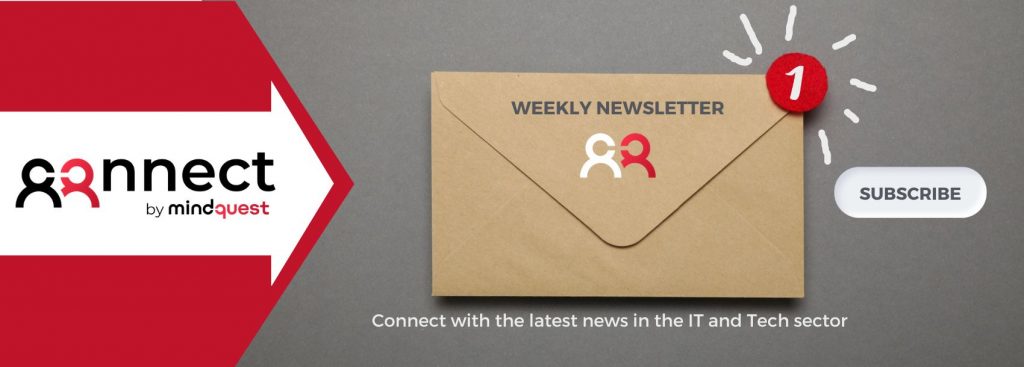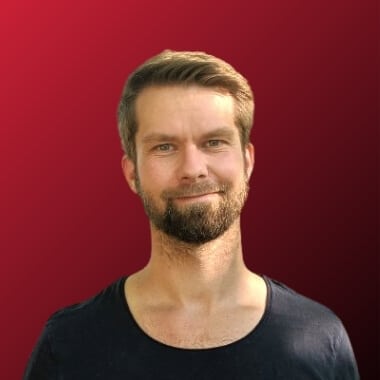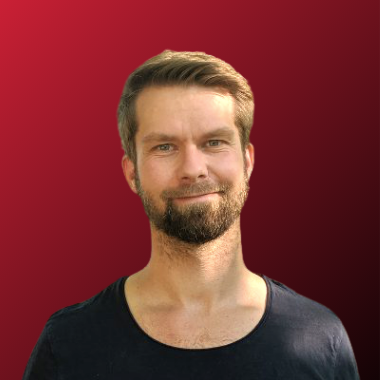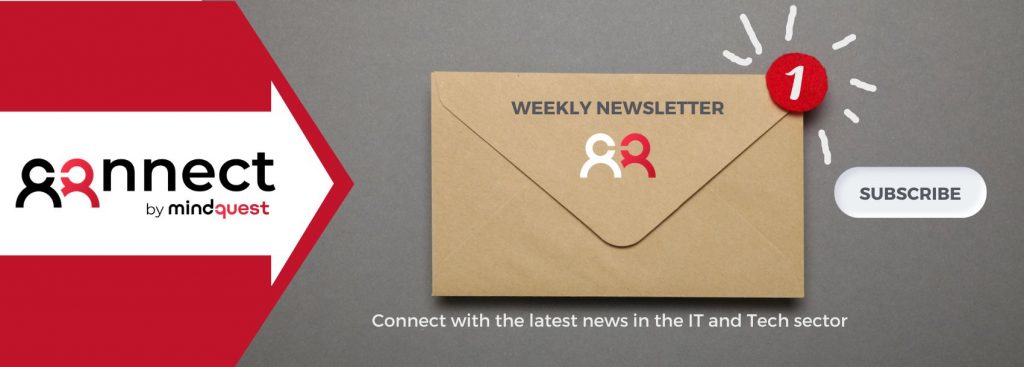What’s the secret to creating content for web devs? We continue our chat with Stefan Judis, developer relations lead at Contentful, blogger and front-end expert. Here is why and how he shares what he knows and learns with the community.
Creating content for web devs
After building a career as a front-end developer, you’re now leading developer relationsfor Contentful. What does exactly the job involve?
Developer relations is still a fairly new field. What we see over the last decade is that a lot of technology companies. And especially the developers using these technologies have a lot of decision power. We at Contentful are one of these software providers, a headless CMS (Content Management System) that you can put anywhere. And our developer relations team doesn’t work directly on the product. We have completely separated engineering teams that are building the APIs and the product itself.
And the DevRel team is there to spread the word about Contentful but also going into the communities and helping developers with whatever they’re struggling with. And this can be Contentful related, but very often it’s also just web development related. So, what we’re doing is that we are blogging, we are building code examples, etc. And whenever we are talking to users or customers or friends; we are basically the bridge between the product and the developer communities out there.
When someone has a problem with something, our team are usually the first people that they go back to. And we’re then feeding all these things back into the process and building this trust within the developer community. So, yeah, we are blogging, speaking, writing, and hanging out on our community Slack. To connect with the people, have a little bit of fun and build cool stuff. That’s what I do for a living.
But you also enjoy creating content for web devs in your free time, right?
Yes. Since this year, so since 2021 and the pandemic and being stuck home, I’m writing a weekly newsletter. If people are interested in random web development stuff to read on a Monday morning over their coffee… It’s usually something around 10 resources, some GitHub repositories, some music, etc. And I’m writing that every Sunday. So if you’re up for some random good stuff I thought was good over the week, people can subscribe here.
So where do you draw the line between your personal blogging and the one you do as part of your developer relations job?
Well, when you work in DevRel, the line is very, very blurry. Where does work start and where does it end? So I usually do a lot of things on the side. Right. So I do a lot of blogging on my own blog and occasionally I do something for the Contentful blog. Lately, I am leading the DevRel team, which means that I’m not hands-on with the content that much anymore. But I’m still around and the line is very, very blurry.
When you work in these semipublic roles, it’s usually like “Oh yeah, Stefan is the Contentful guy”. And when someone writes me DM on Twitter on a Saturday because they’re struggling with something, well, I’m the last person to say “Yeah, no, it’s the weekend, not going to help you right now”. So it’s very hard to tell where it starts and ends. But I’m just really into web development and I like to share all the things that I learn and that are exciting. And that’s just what I do.
Join our community and find your next job or expert in IT
What advice do you have for other IT pros who want to create content and share tips to help out others? How did you start creating content for web devs?
It’s hard for me to give advice, but I can say what I do. I made it a habit of writing something down or creating a video or some sort of content around things that I discover. I’m also reading a lot. I’m subscribed to a gazillion newsletters. So when on a Sunday morning, I read something and have this thought “Huh, I didn’t know that”, I put it somewhere. It could be on my own website, or it could be on Twitter. But just making this habit of constantly documenting what you’re learning helps with this whole idea that you don’t know anything about web development, because this fear is just so big.

I have been doing this for three or four years. And what that comes down to is that I now have, I don’t know, 200, 300, 400 learnings on my own website. And these are primarily for me. So this is how it started. Because I wanted to come back a month later or six months later and look at it and say “Man. You got a lot smarter over the last six months”. But, after some time, more and more people discovered what I wrote. Because, if it’s useful for me, usually I’m not alone.
And that’s one piece of advice that I would give to people that want to start creating content or blogging. If it’s useful for you, you are usually not alone. And there is nothing like “Oh, beginner content is not useful” or “It has to be this 2,000-word, in-depth article with a lot of scientific, engineering knowledge”. That’s absolutely not the case. We have so many people joining the industry. And whenever you learn something or when someone learns something, I think it’s a very good habit to just write it down.
And then you have the greatest feeling in the world. When some people write me an email or send me a tweet tell me “Hey, Stefan, I just learned this thing. You learned that three months ago and now there’s two of us.” And that’s just beautiful because you can kind of connect the two things, helping people but also documenting your journey.
And you have even built some tools to help you and others in the learning journey, Tiny Helpers and Random MDN. Can you tell us a bit about them?
Tiny Helpers is a very simple website that I created around Christmas one and a half years ago. There are so many self-built or quick build tools that you usually cannot Google. For example, there are a lot of people that build tools for accessibility or tools for defining font sizes, but when you Google them, you will never, ever find them because they are not SEO optimised. There are not a lot of words in them. If you find them and don’t bookmark them, you will always lose them. So, I just built this little resource collection that is Tiny Helpers, and I put it online because that’s what I do.
I thought, “Well, if it’s useful for you, then it’s probably useful for someone else.” And the whole thing is open for contributions. I think I have had over 100 contributions. And there are quite a few people that just come in and say “Oh, that’s useful. I should add that to Tiny Helpers because that’s where I go to find little online tools.” And, when I’m looking for a very specific tool that I’ve seen online, I’m going there as well and it’s the same thing. If it’s useful for me, it’s usually useful for someone else.
The other project that you mentioned, Random MDN is a quick and easy Twitter bot that I built to support my learning journey. So MDN is the developer resource for Mozilla, and it is huge. There is so much knowledge in there and I just had this random thought: “Hey, it would be kind of cool if there was something that tweeted out random MDN pages. It tweets six times a day. It just grabs the sitemap from MDN, picks a random page and tweets it out. And I learn new things just because of it. Sometimes I see a tweet and I am like “Huh, I didn’t know that.” And very often this me to blogging about it, just because my own bot taught me something about web development.
Check out more of our interviews from our podcast episodes.
Follow Stefan through his blog, Twitter, GitHub, and LinkedIn.
Also discover our article: A Data Centre Migration Is About Technology and People


